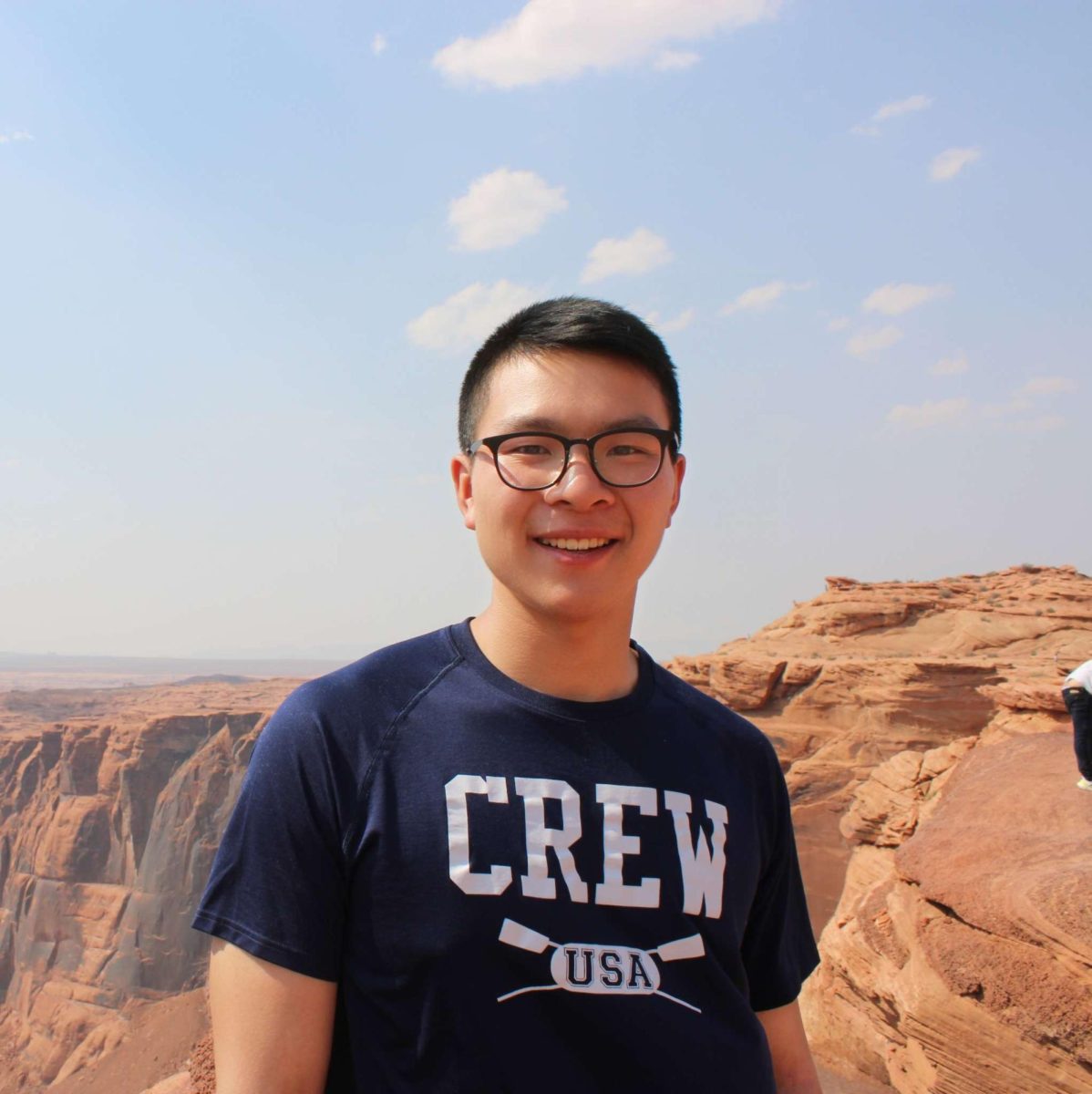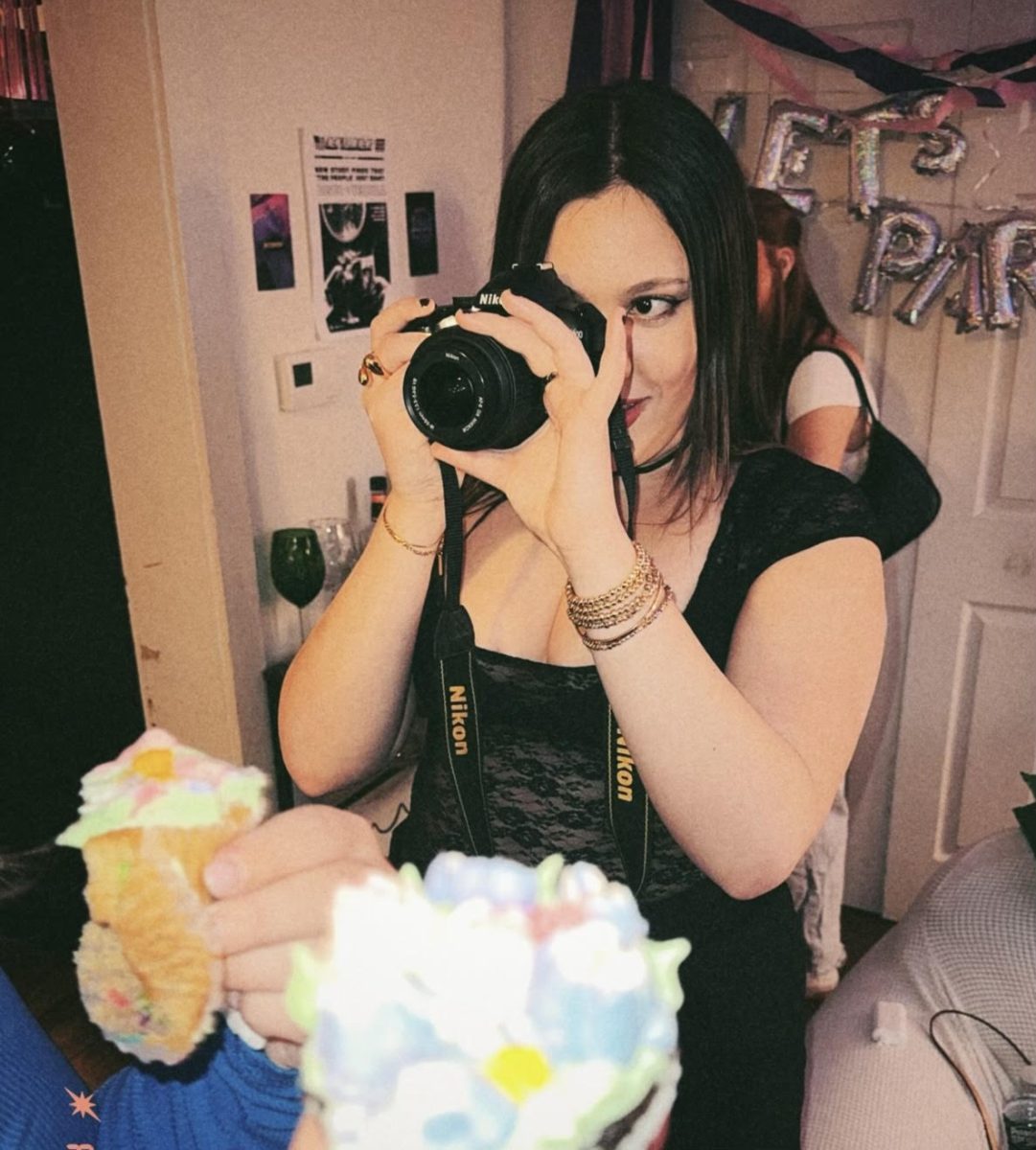When I first arrived on campus my freshman year, a postcard was waiting for me in my Orchard Hill mailbox. It was from my mother, who has an uncanny skill for getting my mail wherever I may be (recently she has directed my mail to the Collegian’s offices, a feat I didn’t even know was possible).
My freshman year, she sent me a series of famous thinkers and famous artwork meant to inspire me. My sophomore year, she sent scenes from Disney’s “Pocahontas.” And this year, my junior and senior year rolled into one, she sent fish in honor of my senior year honors thesis.
On the back, she always writes a quote in her neat cursive.
My favorite was by Scottish novelist John Buchan. “The charm of fishing,” he said, “is that it is the pursuit of what is elusive but attainable, a perpetual series of occasions for hope.”
Fish have long been a fascination of mine. Simultaneously complex and simple, there’s a mystery to them and an inherent beauty in watching them swim.
So when I went to the Richard Cronin National Salmon Station in Sunderland with an environmental journalism class, I instantly fell in love with the salmon there. So much so, I decided I was going to work there the following semester.
“I want to be an intern here,” I told Mickey Novak, the director of the hatchery on my way out. “I’m coming back this Friday to talk to you about it.”
“OK,” he said. “I’ll see you then.”
We never talked about it the internship. Instead, he put me right to work, teaching me how to grab diseased salmon eggs with a pipet. After a few quiet hours of picking, I was a full-fledged intern, standing waist high in the outdoor tanks spawning salmon.
The hours I spent working with the fish became my retreat from the real world. In the winter, I would work with the adult salmon in the indoor tanks, coaxing them to take their first bite of food since they left the ocean in May. In the spring, I would don chest waders and rake out the trout pond. Novak became a grandfather-figure to me, always ready with a snack and willing to listen to me talk about my problems. The station was my home away from the UMass campus.
The hope was to create a population of fish strong enough to survive the ocean. In the spring, the hatched eggs were set free in the stream. There they would grow up, head out into the ocean and, with a little bit of luck, return in four years to spawn. The problem was the program had no luck, and the fish weren’t returning.
By the summer, the federal government had withdrawn funding from the 45-year-old program.
Despite this, Novak still has hope for the salmon. Luck changes all the time, and the goal, while elusive, is attainable.
For as long as I can remember, I have chased the elusive but attainable. Because the elusive but attainable — the things you hope for — are the things worth having.
When I came to UMass, I hoped to have a chance to work for the Collegian. I hoped that by my senior year, I would be an assistant news editor. I ended my senior year as editor in chief, having served as arts editor, news editor and assistant news editor.
When I came to UMass, I hoped to take interesting classes. I ended up taking courses that allow me to spend my afternoons catching frogs, to go on field trips to the Quabbin Reservoir, to take weekends to go to Gloucester and interview the cast of “Wicked Tuna,” to work with Native American communities, to explore.
When I came to UMass, I hoped I would eventually be accepted into the honors college. On May 10th, I will graduate a full year early with honors.
When I came to UMass, I hoped to make memories. I hoped to make friends I would still talk to decades after I graduated. At the Collegian offices and in the dorms, I found that. I found people I could talk to until the early hours of the morning and people who were willing to explore the world with me.
My roommate and best male friend since high school always tells me that I do everything backwards. He laughs whenever I tell the story about how I started working at the hatchery, remarking that most people don’t tell potential employers they are working for them.
I took a chance when I said I was going to work at the hatchery and hoped it worked out. Just like I took a chance when I wandered into the Collegian offices. But life is about chances. It’s about taking big risks and hoping that it all works out. It’s about chasing the elusive and making it attainable.
Katie Landeck was the editor in chief of The Collegian. She can be reached at [email protected].












